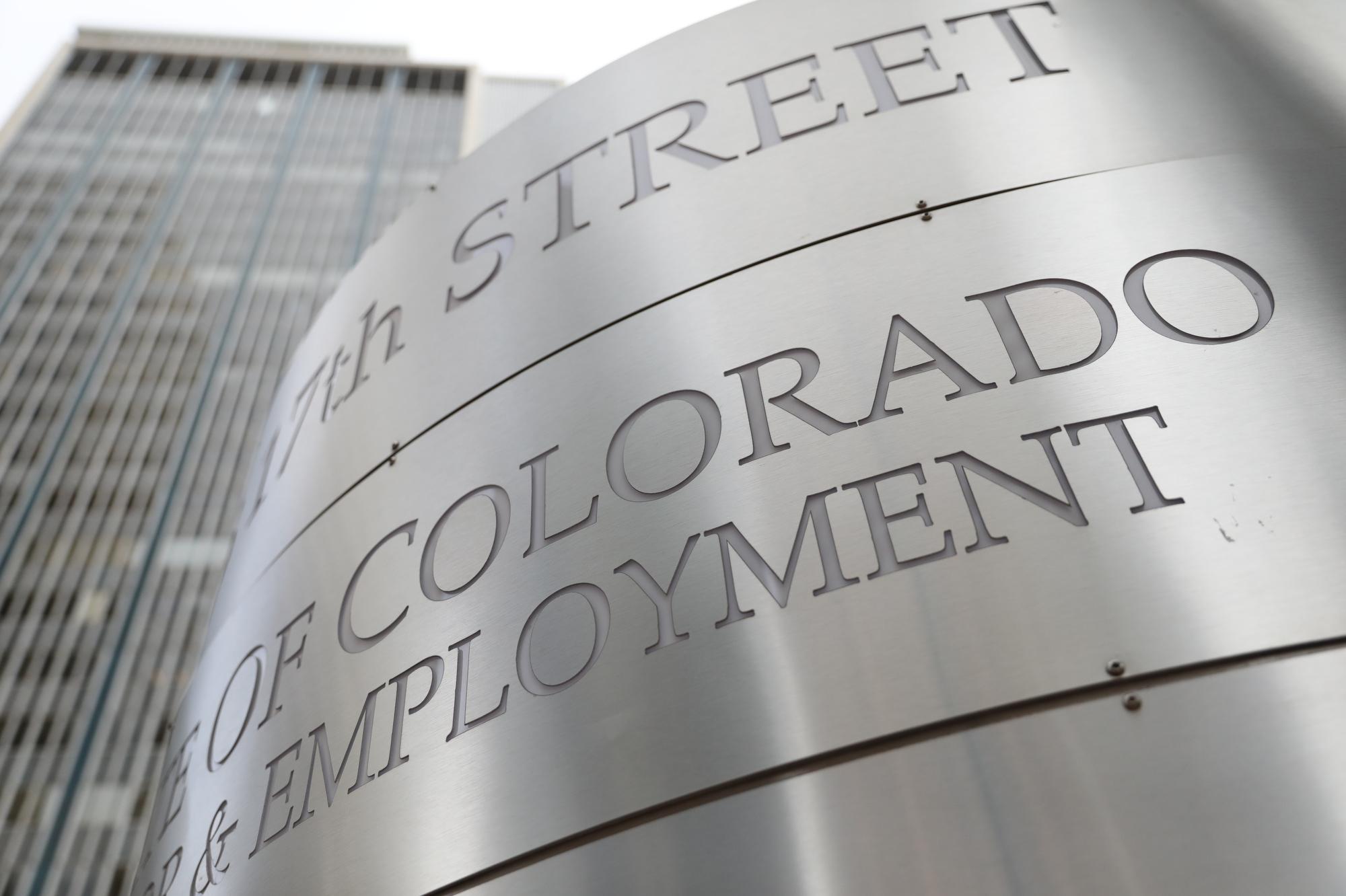
About 87,000 Coloradans could lose their unemployment benefits when federal pandemic aid ends next month.
The enhanced jobless benefits that have boosted payouts for much of the pandemic are set to expire the second week of September. That means people getting payments through a program for gig workers and the self-employed, or through extended unemployment benefits, will lose that income. On top of that, everyone collecting unemployment benefits will see their weekly checks shrink by $300.
Many states have already ended some federal pandemic aid because businesses are struggling to hire enough workers. It’s not clear what role expanded jobless benefits are playing in the labor crunch that’s hitting everything from restaurants to trucking companies across the U.S. — including in Colorado.
Withdrawing the benefits boosted employment slightly, researchers from Columbia University, Harvard University, University of Massachusetts Amherst and University of Toronto said in a study released Friday. But the small gains were eclipsed by large declines in spending that followed, the study found.
Colorado’s director of unemployment insurance, Phil Spesshardt, says there are currently 122,000 jobs advertised on Connecting Colorado, a state- and county-run job posting system. For example, according to Spesshardt, United Airlines has dozens of jobs available in Denver. Schneider, a logistics operator, has dozens of listings for truck drivers — some with signing bonuses of up to $10,000, he said.
“We can continue to direct claimants to resources that will help them successfully return to the workforce and get jobs,” Spesshardt said.
- No Internet, No Unemployment: Solving This ID.me Glitch Took Two Months And A Journey Across The Rural Front Range
- Colorado’s Undocumented Workers Had To Survive The Pandemic Without Government Aid. Next Time May Be Different
- Colorado Unemployment Update: Improvements To ID.Me, Thousands Sign Up For Back-To-Work Bonus Program
- Hiring Bonus: Colorado Will Pay People To Go Back To Work
Colorado’s unemployment rate was mostly flat at 6.1 percent in July, compared with 6 percent the previous month, according to a seasonally adjusted survey of households. That compares with a national rate of 5.4 percent. The slight decline in Colorado’s rate was driven mostly by 2,800 people leaving the workforce.
It’s difficult to pinpoint why people are opting out of the labor force, according to state economist Ryan Gedney.
“Some of it could be statistical noise … It could be that we’re seeing retirements, it could be that individuals have to opt out of the labor force temporarily to care for someone, or to watch a child,” Gedney said.
Over the past 15 months, Colorado recovered 290,400 of the 375,800 non-farm payroll jobs lost between February and April of 2020, according to a separate survey of businesses. In July, professional and business services added about 5,000 jobs, while leisure and hospitality added roughly 4,300, the survey found. At the same time, construction lost 1,600 jobs, as did the trade, transportation and utilities sector.
The July surveys were conducted when COVID-19 transmission was still low in Colorado — prior to the Delta variant taking hold. Gedney says the state’s weekly unemployment numbers haven’t changed materially since cases and hospitalizations started rising.







